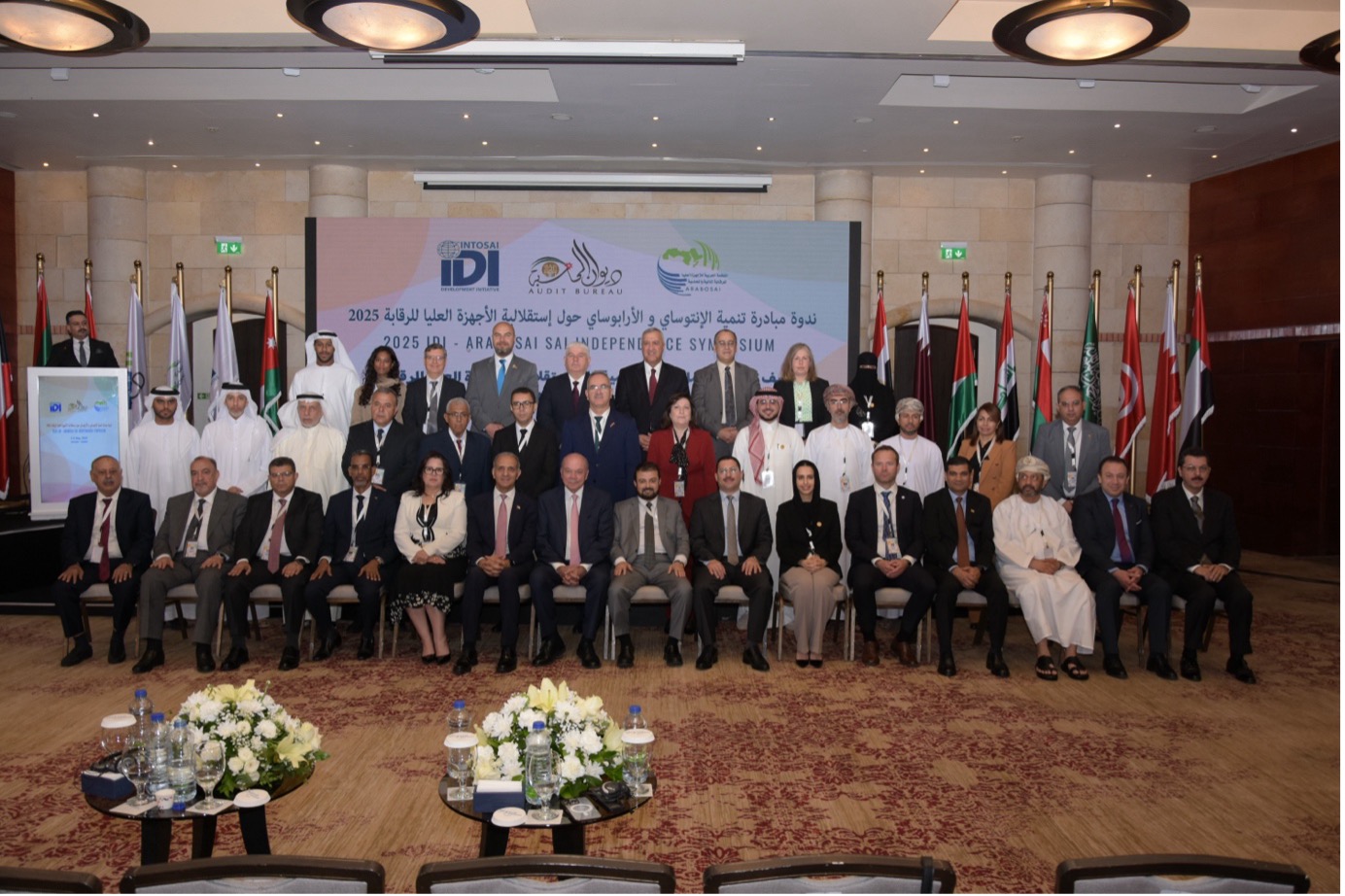About IDI
Our Cross-Cutting Priorities
Our Results
Meet the IDI Board
IDI's Board is composed of ten members from different supreme audit institutions. Get to know them better in our "Meet the Board" series.
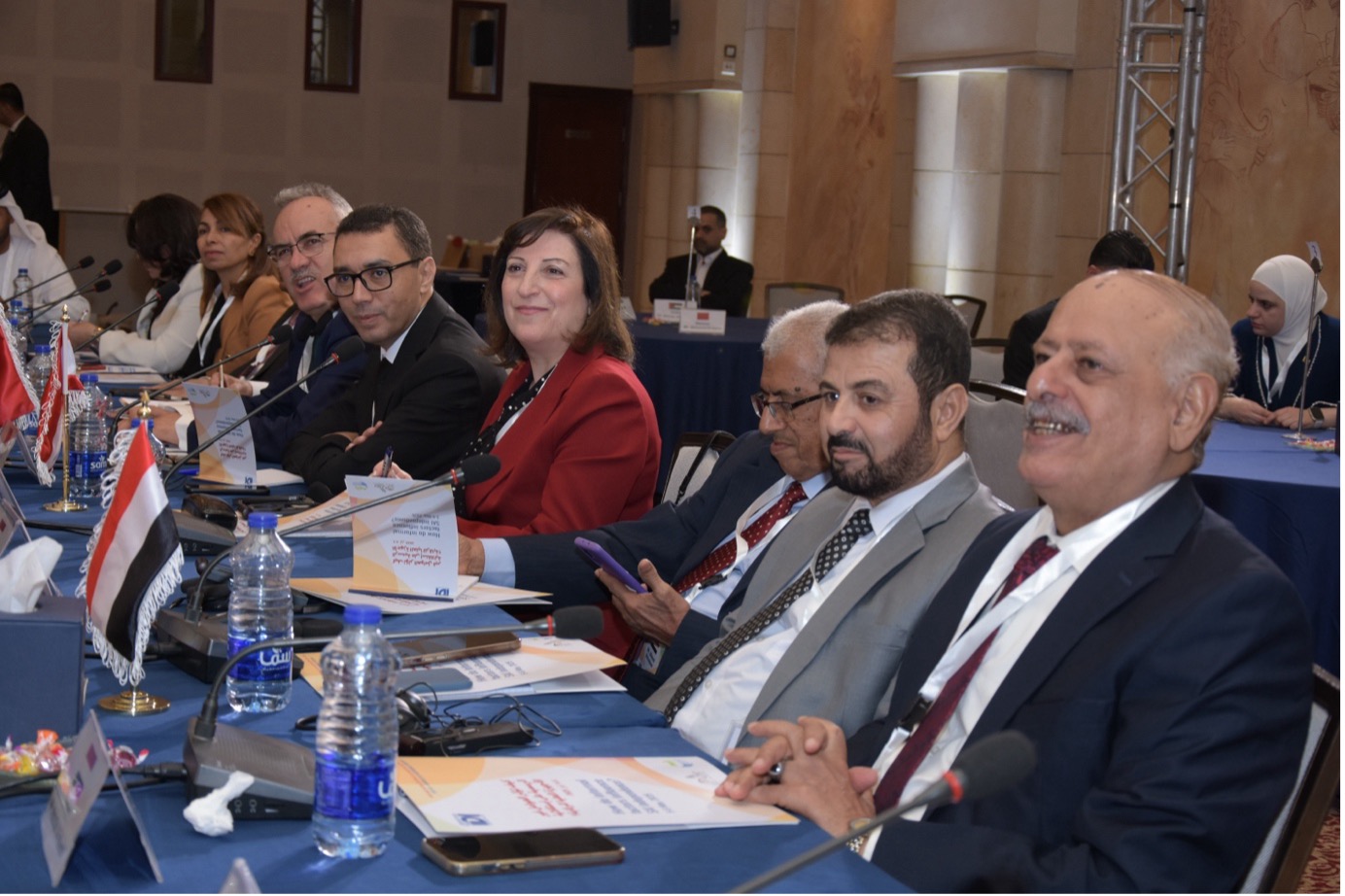
What does it take for public institutions to truly operate independently? In the Arab region, this question is gaining momentum not only in law but in practice.
In May 2025, leaders from audit institutions, parliaments, and international partners came together in Amman, Jordan to explore how public trust, collaboration, and informal relationships shape the independence of Supreme Audit Institutions (SAIs). Held for the third time annually since 2023, the SAI Independence Symposium underscored the critical role of parliaments in safeguarding SAI independence, both through oversight and trust-based cooperation.
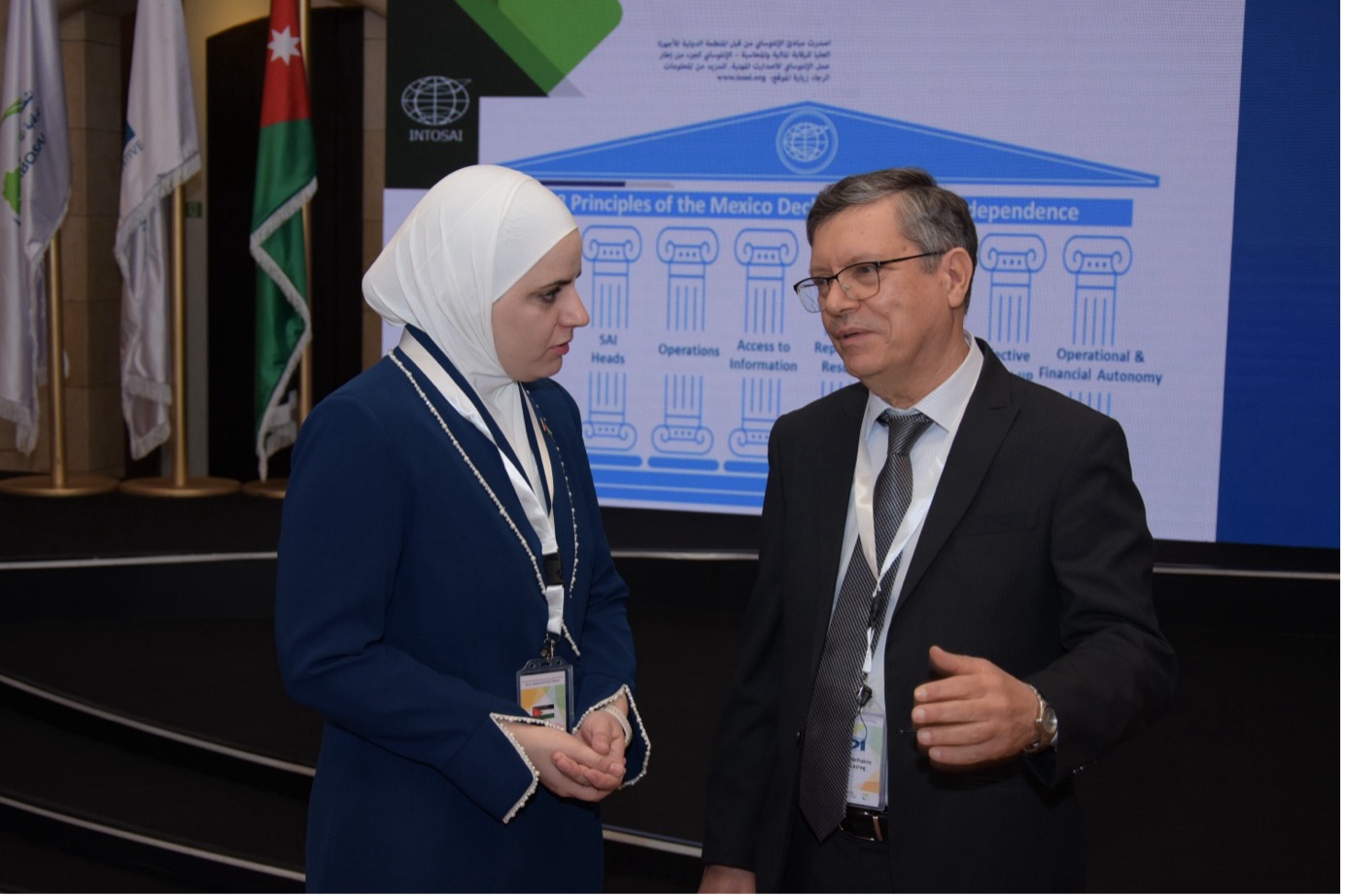
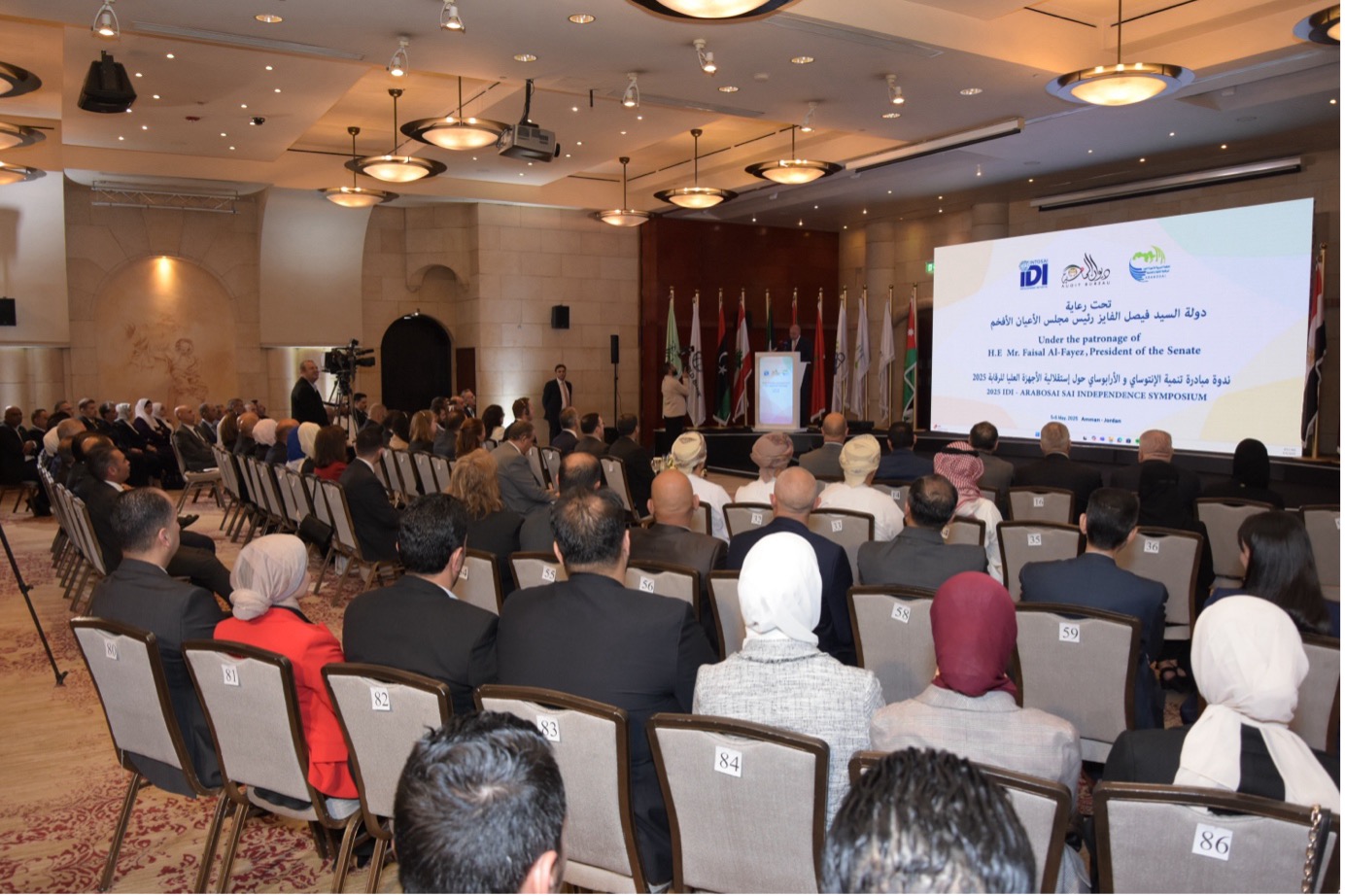
Hosted by the Audit Bureau of Jordan (SAI Jordan), the Arab Organisation for Supreme Audit Institutions (ARABOSAI), and the INTOSAI Development Initiative (IDI), this year’s event focused on an important but often overlooked piece of the independence puzzle: informal factors. Opened by the President of the Jordanian Senate, the symposium included high-level parliamentary representatives and highlighted growing momentum for deeper SAI–parliament engagement in the region.
Across the Arab region, the commitment to strengthening the independence of Supreme Audit Institutions is growing. SAIs are increasingly recognising that independence is not just about laws—it’s also about how institutions operate in practice.
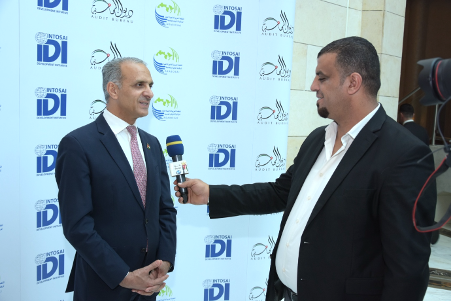
At the opening of the symposium, President of the Jordanian Audit Bureau, His Excellency Radhi Al-Hamadeen, pictured above, captured this well: “Formal laws matter, but informal safeguards such as public trust, media visibility, and political relationships also shape how we work.” Experts from the Organisation for Economic Cooperation and Development (OECD) and the World Bank echoed this, noting that regional gatherings like this one are key to sustainable change.
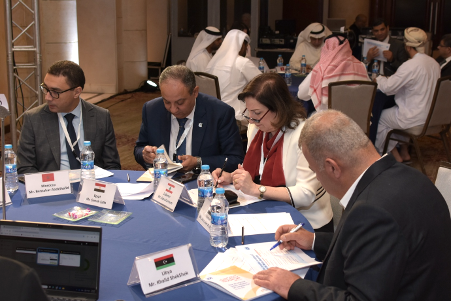
Representatives from 14 countries, including from Egypt, Iraq, Jordan, Kuwait, Lebanon, Mauritania, Morocco, Oman, Palestine, Qatar, Saudi Arabia, the United Arab Emirates, Tunisia, and Yemen, joined the two-day event to share experiences and explore solutions. Through peer learning and open dialogue, participants agreed: SAI independence is strengthened when institutions build trust, engage stakeholders, and collaborate across borders.
Another key takeaway: SAIs can’t advance independence alone. Parliaments, especially their oversight committees, play a critical role in ensuring SAIs are not just legally independent but also empowered to act.
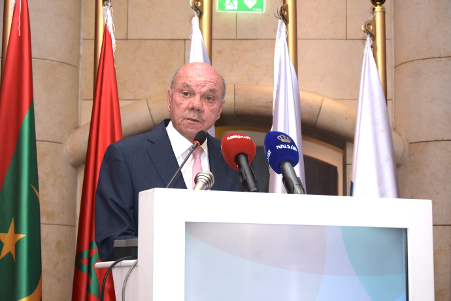
His Excellency Faisal Al-Fayez, President of the Jordanian Senate, called for stronger partnerships between SAIs and lawmakers. “Oversight is a shared responsibility,” he said. “SAIs are our strongest partners in protecting public funds and public trust.” He described SAIs as “a shield to protect citizens, a sword to combat corruption, and a bridge to achieve justice and development.”
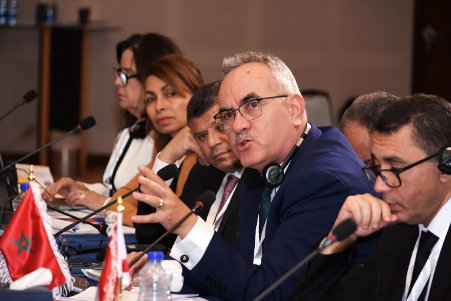
In one conversation, parliamentarians and SAI leaders discussed how mutual respect and information-sharing help create enabling environments. Pictured centre, Moroccan MP The Honourable Mohamed Hajira emphasised the importance of real-world exchanges: “When parliamentarians and oversight experts come together in spaces like this, we exchange practical experience that helps us strengthen what works and address what doesn’t.”
These unique and cross-cutting conversations are essential to building trust and protecting SAIs from informal pressures.
SAI Jordan used the symposium to highlight its leadership in promoting independence, including spotlighting its new and recently launched strategic plan focused on development and transparency.
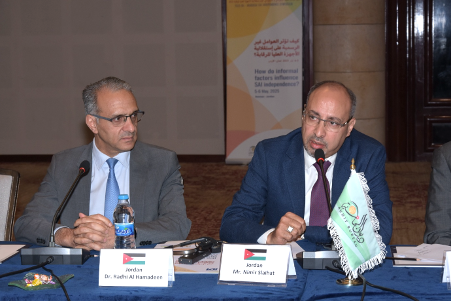
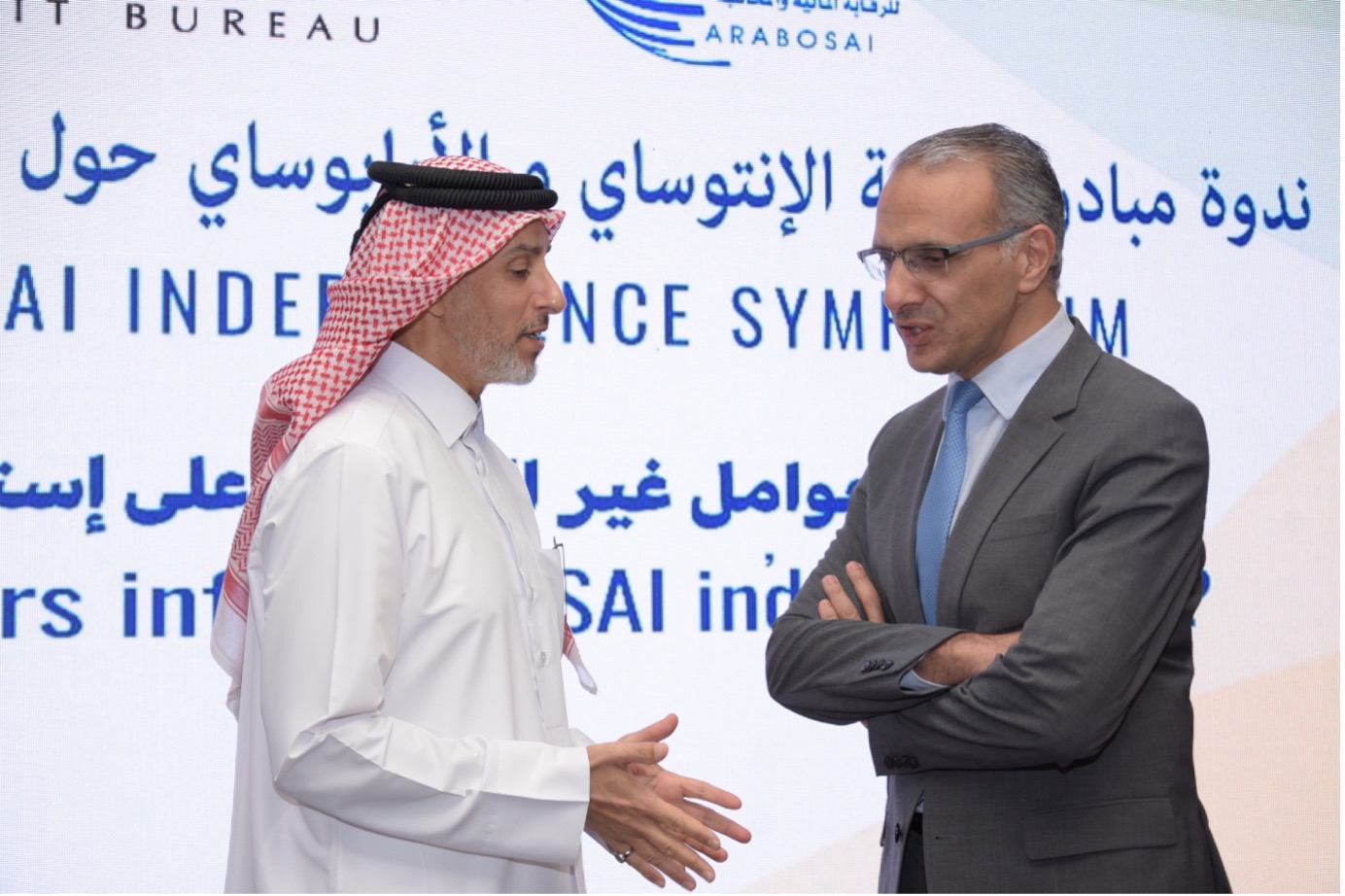
“Independence is vital for the Audit Bureau to carry out its role fully and without influence,” said President Al-Hamadeen, pictured above. “Just as important is how society perceives our value.” Indeed, public trust and relevance were recurring themes throughout the event’s session.
Hosting the symposium was part of Jordan’s effort to show how SAIs can gain strength by being visible, understood, and connected to the people they serve. “When our work reflects public interest, it becomes sustainable and impactful,” Al-Hamadeen added.
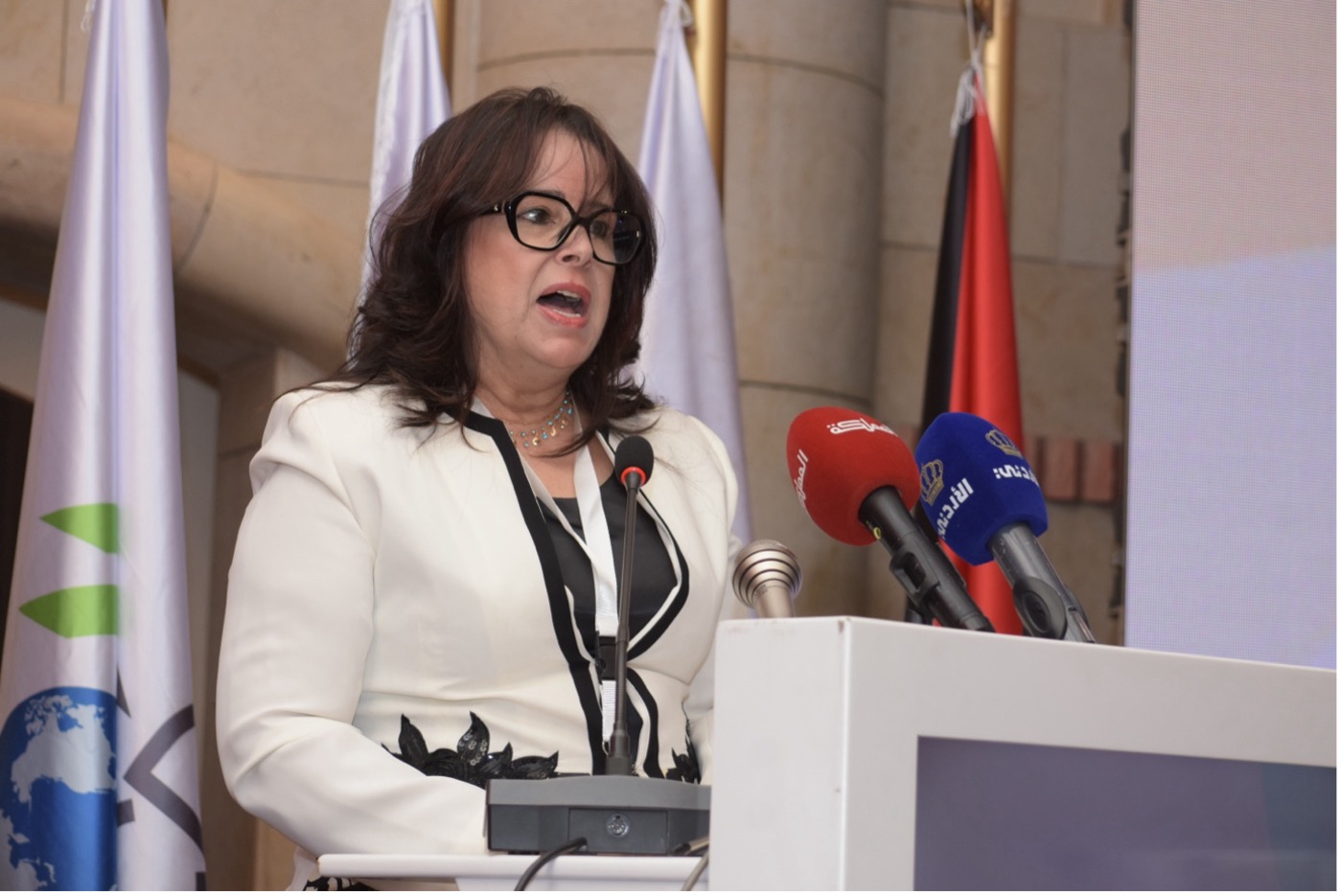
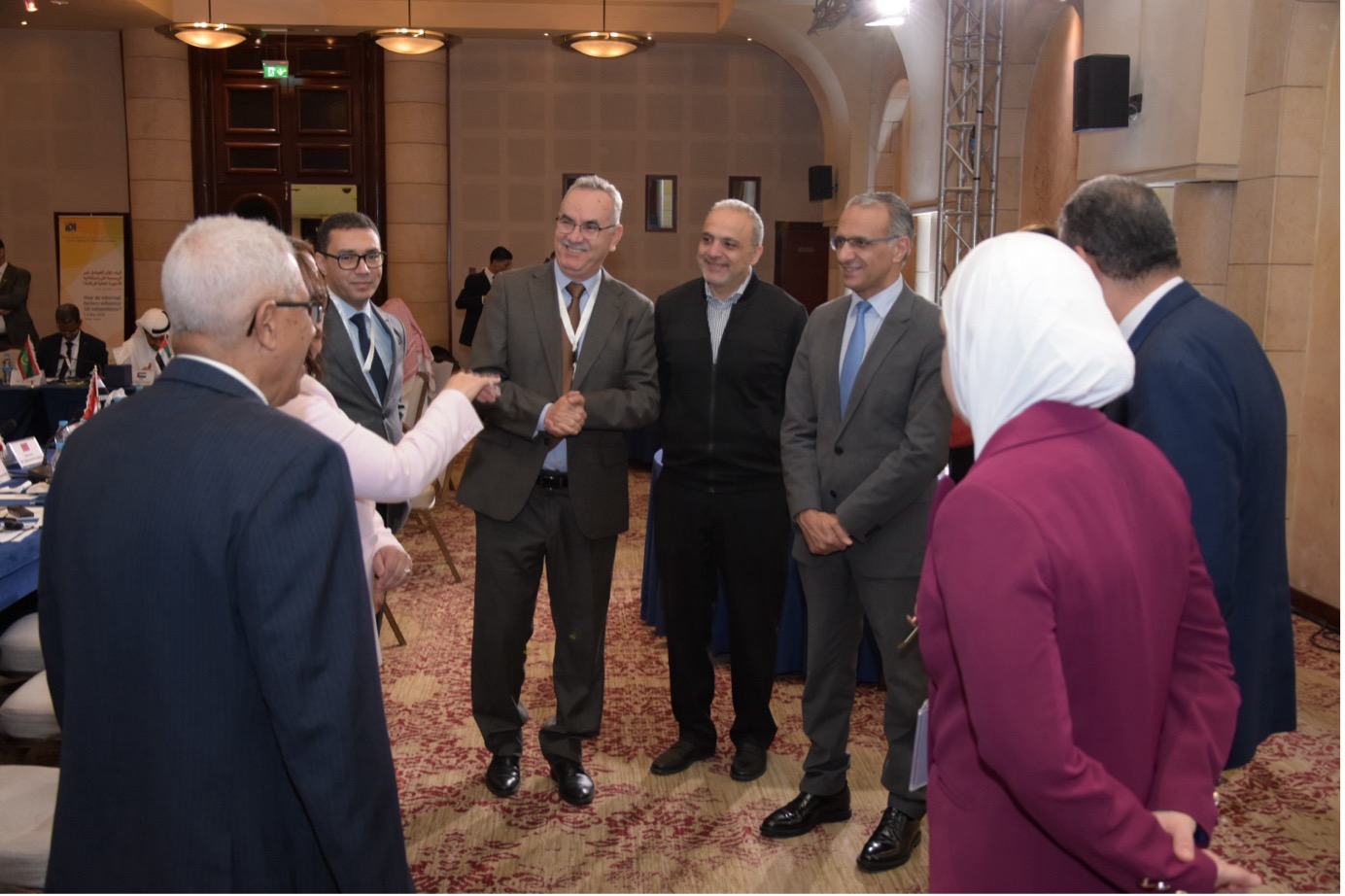
This message resonated with ARABOSAI, which continues to promote regional cooperation among its 22 member institutions. “We want our institutions to be strong, capable, and impactful,” said Her Excellency Fadhila Gharigouri, Acting Secretary General, ARABOSAI General Secretariat and representative of SAI Tunisia (pictured speaking above). “By sharing experiences and learning together, we build stronger institutions that deliver real value for citizens.”
For participants, it was clear: regional collaboration isn’t just helpful—it’s essential.
Not just a one-time forum for reflection, the IDI-ARABOSAI Symposium on SAI Independence will continue to serve as a catalyst for future action. Meeting yearly, this convening enables dialogue on a key topic for the region. As IDI Deputy Director General Ola Hoem observed, “Independence is not a checkbox. It’s a continuous negotiation between what’s written, what’s possible, and what’s practised. Here in this space, we welcome that conversation.”
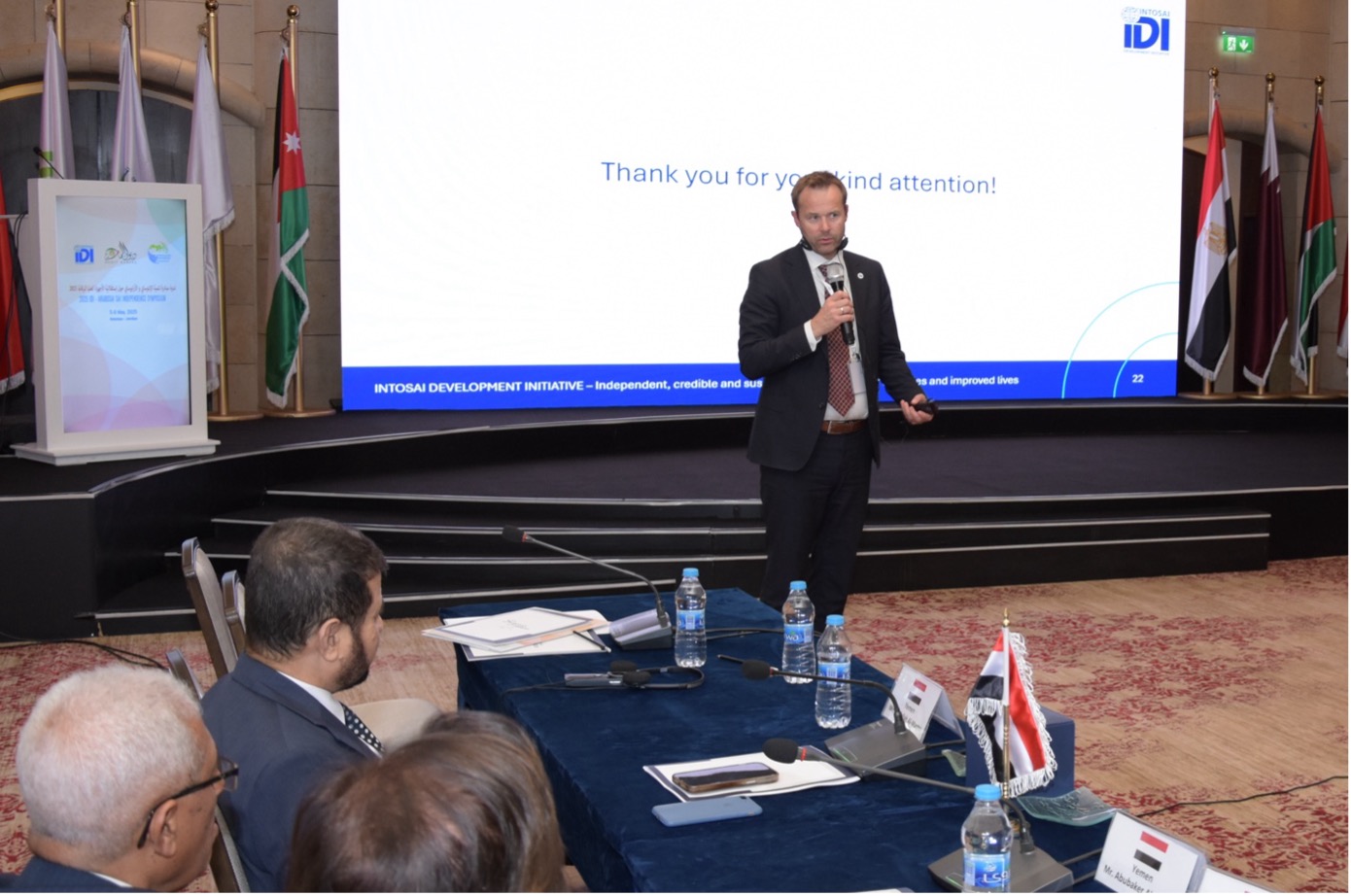
Additionally, these discussions are laying important groundwork for one of IDI’s other initiatives—the Global Project on SAI Independence. The multi-year partnership, co-led with OECD, aims to revolutionise the way we advocate for the independence of SAIs by collecting data on the informal factors that shape their operations and effectiveness. Part of regional data collection efforts, the symposium’s growing momentum is a powerful example of how global principles take shape in local contexts.
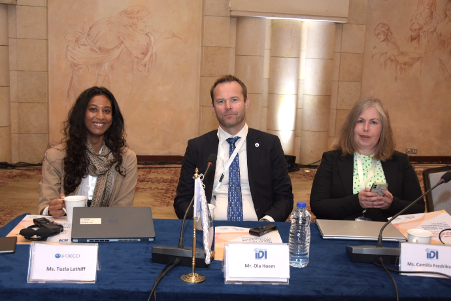
Throughout 2025, the Global Project will continue to build on this progress, through country visits, surveys and other regional events— connecting lessons gained with other quantitative data and global advocacy efforts. Working with OECD, pictured above, the INTOSAI General Secretariat and other leading accountability partners, IDI will publish its final report on the impact of informal factors on governance in 2026.
Closing the symposium, participants left with a shared recognition that independence is built on resilience, trust, and the ability to provide effective oversight. The path forward may pose challenges, but Arab SAIs show commitment to a clear message: pursuing change, one relationship, one reform, and one conversation at a time, is worth it for lasting impact.
